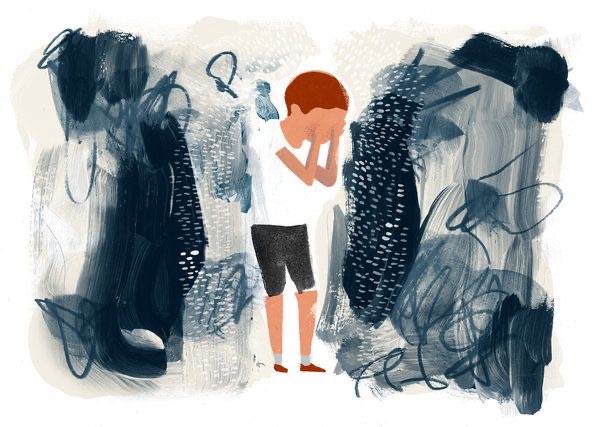We live in a society where the first-born child carries the burden of fulfilling his/her parent’s lifelong dreams and sets the bar for other siblings – which can be exhausting and suffocating to say the least. It may also be the reason why first–born children often have a difficult time forming a healthy bond with their parents post their teenage years. Our in-house therapist, Shahrukh Malik talks to us about why this happens, what first–born children cando for relief and how they can form a close bond with their parents.

Why Does This Happen?
According to Malik, being the first born in any culture is challenging. This is the parent’s first time raising a child which can be daunting and equally stressful for them. The strict parenting that they were once brought up with may be how they approach parenting for the first time i.e., raising their first born with the same techniques that were used on them.
Malik also notes that each home’s culture is different. There is a long-existing understanding that younger siblings may be treated with a lot more leniency as opposed to their elder siblings. It is automatically understood that the elder sibling needs to take on the role of a ‘pseudo-parent’ and ‘mentor’ whereas the elder sibling did not have the same source of guidance from their parents. This added responsibility can also be an emotionally challenging for the eldest sibling.

How Can A First–Born Help Themselves?
For those who struggle with childhood trauma, it is imperative that you address it. It can be done via therapy, through body-focused practices like Qi Gong, Yoga, Mindfulness and TRE. Anything engaging, under the guidance of a licensed practitioner – the latter part being very important. Family therapy sessions can also help families speak to each other in a safe space to voice out their grievances, with a therapist or mediator present. It can be an enriching process and can help one heal from trauma.
Another outlook can be to communicate with the parents. Malik says that while it’s challenging, it can be done, and this is where courage and strategizing can go a long way. Malik’s rule is to keep things to an ‘I’ level or in the child’s point of view – where you speak primarily about your feelings. For example, “I felt hurt when you said…” or “Those words were difficult for me to hear.” Malik also suggests an alternative to voicing out concerns, which is writing letters. “When writing a letter, you can say whatever you need without interruptions and the person receiving it will also have time to respond appropriately.” The key is to be open and honest rather than defensive and hostile.

How To Maintain A Close Bond?
While a family therapy session can do wonders, other activities can also help form a close and open bond between parents and a first-born. Malik says practices such as eating together, playing games together and engaging in group activities like traveling, or even something as simple as going for coffee, can strengthen family ties.
Malik also stresses that it is important for parents to create a space of acceptance, curiosity, love and respect, alongside open communication. Every child, regardless of birth order, shouldknow that they can share their feelings with their parents and that they will be supported and loved.










What do you think?
You must be logged in to post a comment.